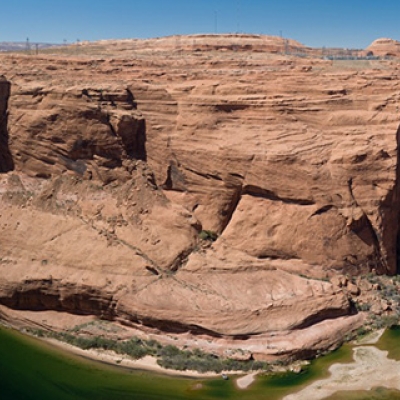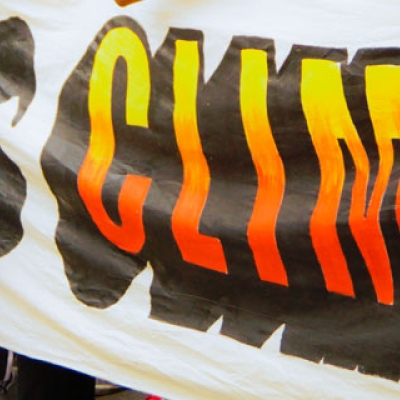By Dominick A. DellaSala / On September 13th, 2013
Having jump-started my career as a conservation biologist riding the 1980s explosion of scientific and public interest in biodiversity, I have progressively witnessed how biophilia has given way to climate change concerns with the public, decision makers, scientists, and philanthropists (who have increasingly moved funding out of biodiversity and into climate change). In the meantime, we have lost sight of why biodiversity is critical to solving climate chaos.





